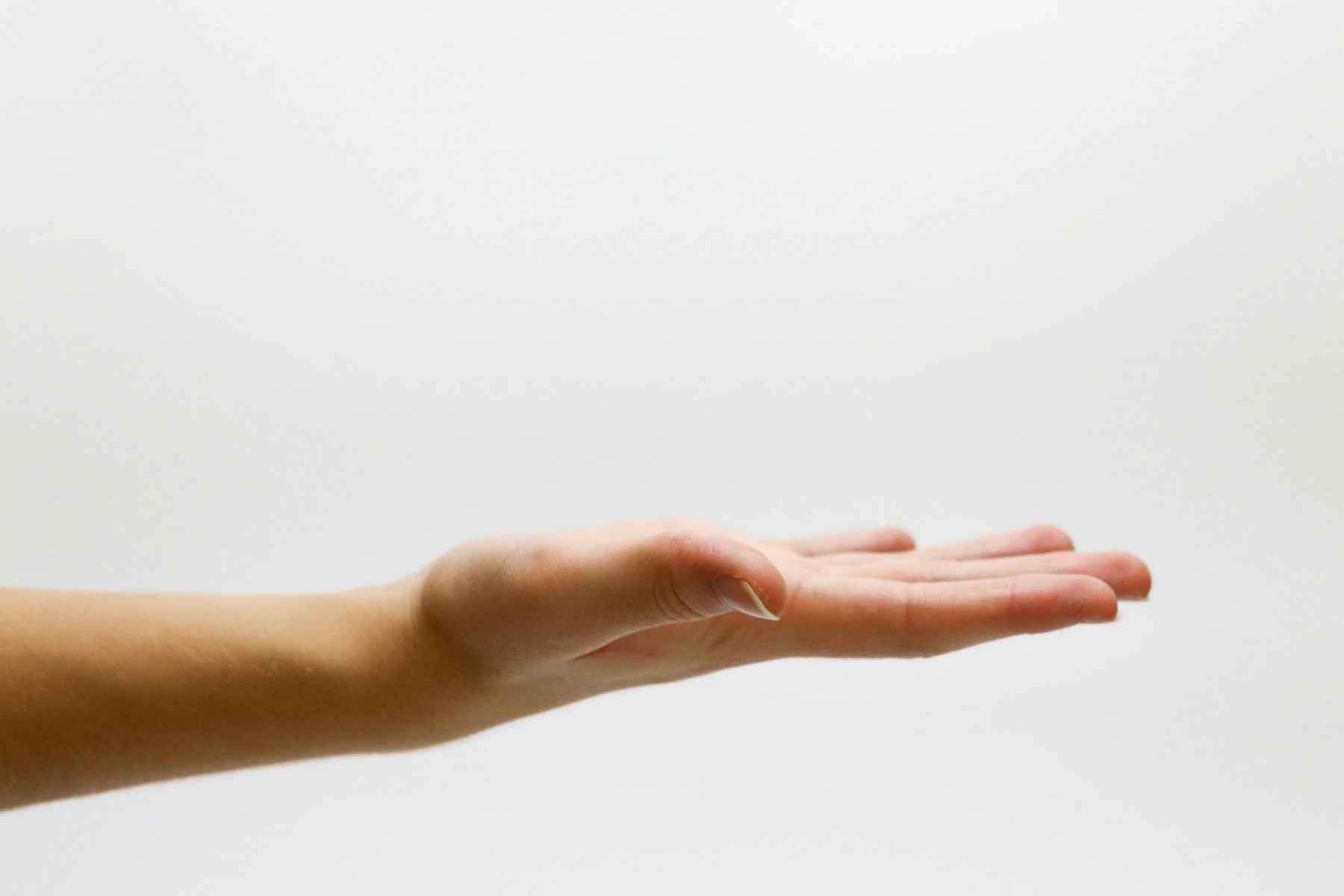
Sheethal D. Reddy, PhD
Emory University School of Medicine, Atlanta, Georgia
What is body image? Body image is the mental construct of our physical selves. In other words, it is our appraisal of and attitude toward our physical appearance. It develops in several ways, such as in the context of societal and cultural aesthetic values, messages about our body we receive from those around us, and our physical experience of our body.
Body image often includes size, weight, shape, skin color and skin decorations (e.g., tattoos and piercings), hair texture, facial features, hair or lack of it, and height and posture (National Eating Disorders Collaboration, or NEDC, guidelines developed by the Australian Government Department of Health and Aged Care). Although we tend to hear about body image in the context of teenaged girls dissatisfied with their weight or shape, body dissatisfaction occurs in people of all genders and ages. Less commonly studied or discussed are the body image concerns of people with medical complications (e.g., cancer, obesity, or musculoskeletal complications).
Takeaway Points
- Body dissatisfaction occurs in people of all ages and genders.
- The White Western body ideal prioritizes thinness, particularly among women.
- An obese body is considered unattractive, and evokes stereotypes of laziness and poor self-care.
- The success of bariatric surgery is not gauged by getting down to a specific body mass index).
When and How Does Body Image Form?
Body image begins in adolescence and continues to solidify through the young adult years. The timing of puberty and the pace of the development of secondary sex characteristics (think: breast development, acne, facial hair) can influence teens’ attitudes about their bodies. Body image develops within the larger societal context and is influenced by an individual’s ethnic, racial, and cultural heritage. The Western feminine body ideal has historically been characterized by white or olive skin tone, and a thin body, with little to no hair (except on the head and eyebrows). The current variation on this theme swaps the term “thin” with “athletic, fit, and toned.” (Bozsik et al., 2018).
Angular, Nordic features have been portrayed as an achievable and preferred aesthetic, compared to more curvaceous or Asian/African physical features. Western beauty ideals have been sustained by racist beliefs about White/European superiority. Furthermore, historically, certain physical features were seen as indicators of moral standing (Forth, 2012). Above all, the White Western body ideal prioritizes being thin, particularly among women. Regardless of gender, having an obese body is considered unattractive and evokes stereotypes of laziness and poor self-care (Puhl and Huer, 2010).
Body Image After Bariatric Surgery
Most people pursuing weight loss surgery do so to address multiple weight-related comorbidities; however, perceived improvement in physical appearance remains an important motivation and outcome, and is sought by many. Hence, body image is still an important therapeutic topic for people who have undergone bariatric surgery. Despite being smaller and weighing less postoperatively, many individuals can’t see any difference in their size or shape when they look at themselves in the mirror after bariatric surgery. This inability to see change often persists, even in the face of significant weight loss (Perdue et al., 2020). Hence, in the preoperative period it is important to set realistic expectations about the changes that will be seen in the body.
Moreover, weight lost after surgery can be rapid, inconsistent, more noticeable in different areas of the body, and unique to each person. Extra skin under the arms, on the stomach, and on the thighs can be sources of embarrassment and self-consciousness. Because body image is a mental construct, it does not change with or as rapidly postoperatively as does the physical body.
Patients may be disappointed and frustrated that surgery did not improve their confidence in wearing swimwear or shorts, due to sagging or excess skin. For individuals with more significant body dissatisfaction, the lack of perceived improvement in physical appearance may lead to negative affect, frustration, and regret over undertaking bariatric surgery.
Interventions for Reducing Body Dissatisfaction After Bariatric Surgery
Raising awareness of stigma. Implicit bias against larger bodies is prevalent throughout our society, even in healthcare settings. Weight bias could be considered the last form of acceptable prejudice (Ewing, 2019). Many patients who have successful bariatric surgery remain in the overweight body mass index (BMI) category (BMI: 25-29), albeit at a much lower weight and with improved health. As clinicians, it can be important to understand that the success of bariatric surgery is not gauged by getting down to a specific BMI. Providers who work with bariatric patients should be aware of their own misconceptions and assumptions about the end-goal of surgery and not inadvertently focus on weight loss at the cost of other “non-scale” victories. Even individuals who have struggled with obesity may not realize the impact of social media and mass media on their negative evaluations of their own bodies (Ravary, Baldwin, Bartz, 2019). Raising awareness of how society denigrates and devalues larger bodies is a powerful first step in building a healthier body image.
Expanding and reclaiming body image
While body image can be slow to change, we can also work on expanding our conception of attractiveness. Within Western society, weight and size take on disproportionate importance in our evaluation of our physical selves. Consider the impact on your body esteem were you to give equal or greater importance to posture and grace (i.e., how we carry ourselves), or to your hair, your sense of style, your eyes, fingers, skin, or cheekbones. Instead, consider the things your body post-WLS allows you to do daily: going up a flight of stairs without getting winded, completing a marathon, playing with your grandchildren, receiving a full-body hug, or giving birth. A well-rounded body image includes our attitudes about and confidence in our bodies to experience the world around us.
The diet industry would have us believe that the body is malleable and that it is easy to change, based on whatever the current body trend is right now. The clear message is that “the body is a project” (Blackwell, 2023), and that there must be something fundamentally wrong with our outward appearance. Blackwell (2023), author of Decolonizing the Body, suggests rejecting this premise altogether. Instead, consider that the body is “designed for joy.”
| Instead of… | What about… |
| My thighs are huge. | My thighs are a larger part of my body. |
| My stomach looks horrible. | My stomach is looser because I’ve lost weight. |
| My arms look like bat wings. | There’s extra skin underneath my arms. |
| My chest is so droopy. | My chest is changing. |
| My body is disgusting. | My body is my own. It’s carrying me through this. It isn’t the way I’d like it to look, but it’s part of my story. |
| My hair is so gross. | My hair could use some attention. |
| My rolls of fat are disgusting. | I don’t like my fat rolls, but they are smaller and less noticeable when I wear clothes. |
Figure 1. Using more neutral and accurate language to describe the body.
Cognitive Restructuring
Negative thoughts about the body are typically automatic, and often triggered by looking at photos or at our reflection in the mirror. We can challenge those thoughts by learning to use more neutral and accurate language to describe our bodies (Figure 1).
A gentle form of exposure therapy may be beneficial for individuals struggling with body dissatisfaction. The exercise begins by having the person stand in front of the mirror close enough to only see his or her face. The following script may act as a guide:
Note any judgmental thoughts you are having right now about your face. Setting those aside, practice describing your face in a neutral or matter-of-fact way. Now that you have accurately described your face to yourself, think about how a friend or someone who loves you would describe your face? As you do this exercise, notice any shifts in your thoughts and feelings towards your face. Over time, you may find yourself feeling less shame or disgust as you continue this practice. As you feel comfortable, you can move on to other areas of your body that may need more compassionate attention, gradually extending for longer periods of time.
Body Image Improvement Takes Time
While bariatric surgery results in significant weight loss, improved health, and a much-improved quality of life, body image may be slower to improve. Body image starts in early adolescence through young adulthood, and is heavily influenced by society’s preference for thinness. Individuals who have been overweight most of their lives may have experienced years of weight stigma and discrimination, and may be deeply unhappy with their physical appearance. While bariatric surgery does result in rapid weight loss, the loss may be distributed unevenly over the body and accompanied by excess or loose skin. Raising patient awareness of society’s unrealistic ideals and emphasizing all the benefits of weight loss surgery may help improve body esteem. Cognitive behavioral interventions, such as exposure therapy and cognitive restructuring, may be effective with the support of a trained clinician.
References
- Blackwell K, Williams P, Cleveland P. 2023. Decolonizing the Body: Healing, Body-Centered Practices for Women of Color to Reclaim Confidence, Dignity, and Self-Worth. Tantor Media, Inc, Old Saybrook, CT.
- Bozsik F, et al. 2018. Sex Roles.79:609.
- Ewing E. 2019. Br J Gen Prac. 69:349.
- Forth CE. 2012.HWJ. 73:211.
- Griffen TC, Naumann E, Hildebrandt T. 2018. Clin Psychol Rev. 65:163.
- National Eating Disorders Collaboration. https://nedc.com.au/eating-disorders/eating-disorders-explained/bodyimage.
- Perdue TO, et al. 2020. Eat Weight Disord. 25:357.
- Puhl RM, Heuer CA. 2010. Am J Pub Health. 100:1019.
- Ravary A, Baldwin MW, Bartz JA. 2019. Personality and Social Psychology Bulletin. 45:1580.
- The Cleveland Clinic. 2022. https://health.clevelandclinic.org/body-positivity-vs-body-neutrality.

Sheethal D. Reddy, PhD
Sheethal D. Reddy, PhD is assistant professor at the Department of Surgery, Emory University School of Medicine, and Clinical Psychologist at Emory Bariatric Center, Emory University Hospital Midtown, Atlanta, GA.
